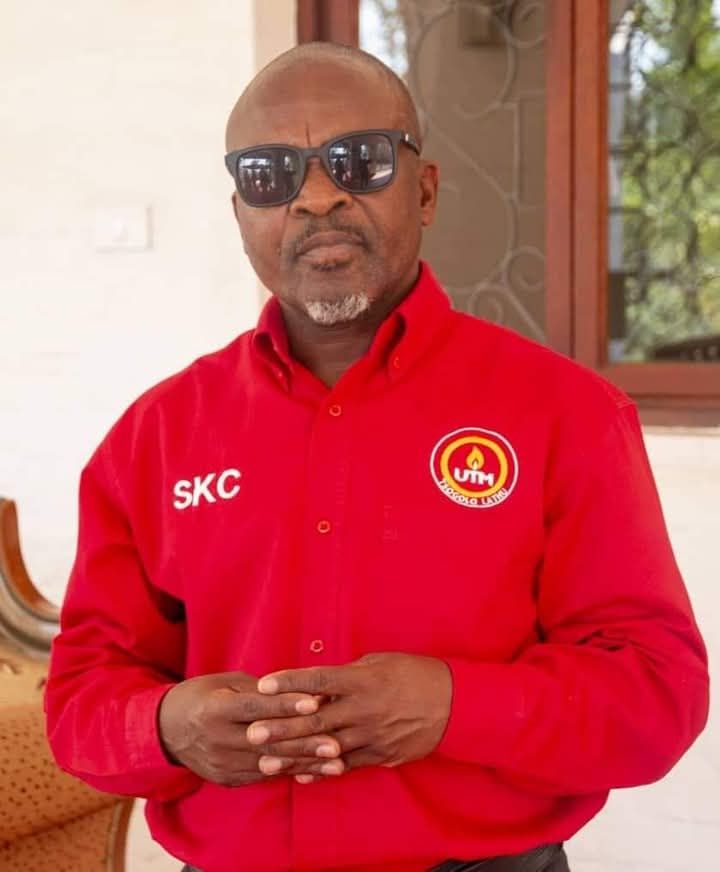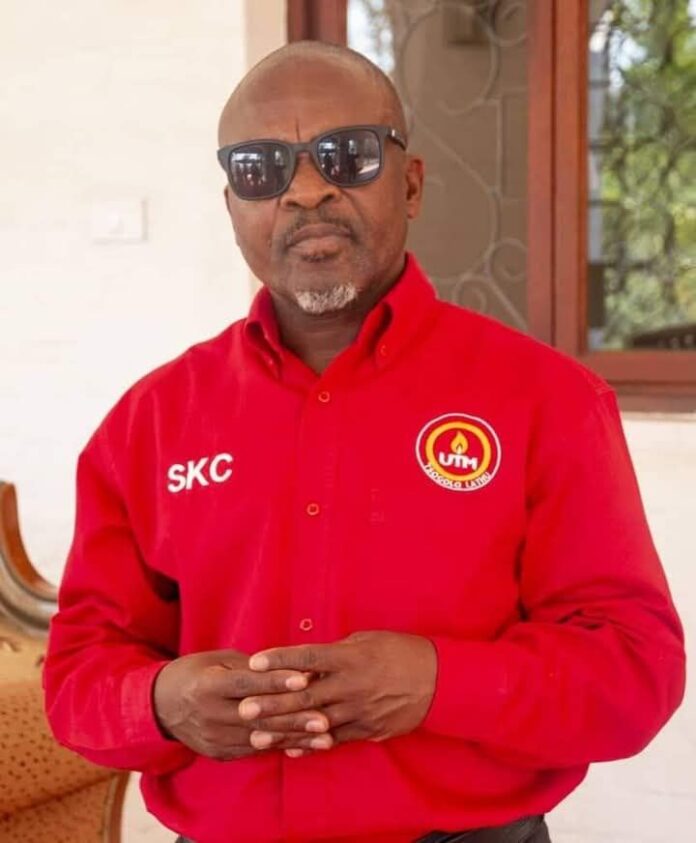By Burnett Munthali
In a recent turn of events, former leader of the United Transformation Movement (UTM), Michael Usi, has come under scrutiny after he allegedly expressed no interest in contesting leadership within the party in court over accusations regarding his involvement. Despite being a key figure in the party, Usi’s response has raised eyebrows, with some party members questioning his commitment to the party’s future.
Usi, however, has chosen to respond differently to the matter. He has distanced himself from the controversy, stating that he is not interested in using the court system to settle his disputes within the party. This move has sparked further discussions, with some people within UTM suggesting that Usi’s actions could be undermining the stability of the party.

The UTM party had called on Usi to attend a disciplinary committee meeting to address allegations that he was causing division and confusion within the party. The committee wanted Usi to speak on his activities and how they might affect the unity and progress of UTM. However, Usi failed to show up at the meeting, citing being preoccupied with other work responsibilities, which further fueled suspicions among party leaders.
In the past, Usi had been a strong voice within the party, advocating for leadership reform and pushing for new ideas to bring the UTM into the forefront of Malawian politics. However, his recent reluctance to participate in internal party matters has sparked debates about his true intentions for UTM’s future.
Initially, Usi had made it clear that he would not be removed from the party, pointing out that the current leadership of UTM had been chosen without adhering to the party’s constitutional guidelines. He emphasized that the leadership of the party had been established through improper procedures, and as such, he could not accept the current leadership.
This situation has led to tensions within the UTM party, with members divided on the best course of action. Usi’s stance raises important questions about the internal workings of political parties and how leadership decisions are made, especially when those decisions are perceived to be inconsistent with the party’s core principles.
As the situation unfolds, it remains to be seen how UTM will navigate this internal challenge. Will they be able to maintain their unity, or will these divisions lead to further conflict within the party? Only time will tell.



